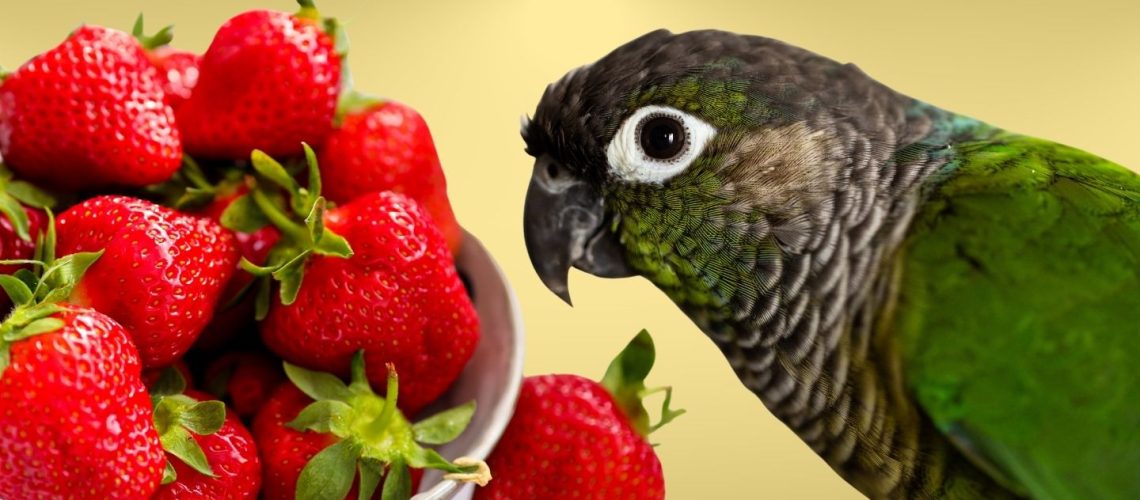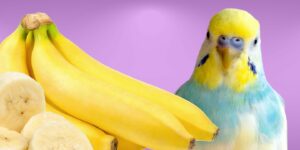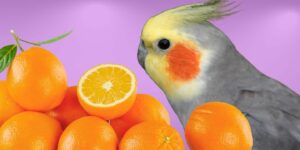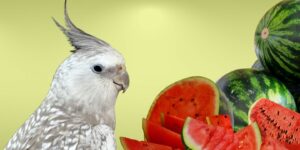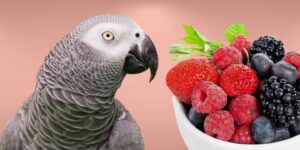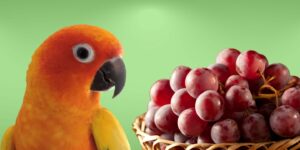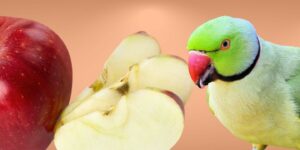Yes, birds can eat strawberries. Many types of birds, such as robins, blue jays, and thrushes, enjoy eating strawberries and other small fruits. However, it is important to note that strawberries should be given to birds in moderation, as they are high in sugar and should not make up a significant portion of a bird's diet. In this article, we will discuss the benefits and potential risks of feeding strawberries to birds as well as how to do so safely.
Benefits of Feeding Strawberries to Birds
Strawberries can provide some benefits for birds when given in moderation, including:
Vitamins and Minerals
Strawberries are a good source of vitamins and minerals, including vitamin C, potassium, and fiber. These nutrients can help support a bird's overall health and well-being.
Antioxidants
Strawberries are also rich in antioxidants, which can help protect birds from cell damage caused by free radicals.
Hydration
Feeding strawberries to birds can provide an additional source of hydration, as they contain a high water content.
Encouraging Natural Foraging Behavior
Offering strawberries and other fruits can help stimulate a bird's natural foraging behavior, promoting both physical and mental health.
Potential Risks of Feeding Strawberries to Birds
While strawberries can be a beneficial treat for birds, there are some potential risks to consider:
High Sugar Content
Strawberries, like many fruits, are high in sugar. Overconsumption of sugar can lead to obesity and other health issues in birds.
Pesticides and Chemicals
Conventionally grown strawberries may contain pesticides and other chemicals, which can be harmful to birds. Always wash strawberries thoroughly before offering them to birds.
Choking Hazards
Whole strawberries or large chunks of fruit can pose a choking hazard for smaller birds. Make sure to cut strawberries into small, manageable pieces before feeding them to birds.
How to Feed Strawberries to Birds
To feed strawberries to birds safely, follow these guidelines:
Choosing the Right Strawberries
Select ripe, fresh strawberries free from mold and signs of decay. Opt for organic strawberries if possible, as they generally have fewer pesticides and chemicals.
Preparing the Strawberries
Wash the strawberries thoroughly, and cut them into small pieces or thin slices to prevent choking. Remove any stems or leaves, as these can be difficult for birds to digest.
Serving Strawberries to Birds
Offer strawberries as a treat alongside a bird’s regular diet, making sure they do not exceed 10% of their daily food intake.
Other Fruits Birds Can Eat
In addition to strawberries, birds can enjoy a variety of other fruits, including:
- Blueberries
- Raspberries
- Grapes
- Apples (seedless)
- Bananas
Fruits to Avoid Feeding to Birds
Some fruits should not be fed to birds, as they may be harmful to their health:
- Avocado (contains toxic substances)
- Fruit Pits and Seeds (can contain toxic compounds)
- Citrus Fruits (high acidity may be harmful for some birds)
Monitoring Your Bird's Diet
To ensure your bird maintains a healthy diet, pay attention to the following:
Signs of a Healthy Diet
A bird on a balanced diet will have bright, clear eyes, healthy feathers, and normal energy levels. Monitor your bird's weight to ensure they are not over or underweight.
When to Consult a Veterinarian
If you notice any changes in your bird's health, behavior, or appetite, consult a veterinarian for guidance.
Conclusion
In conclusion, birds can eat strawberries and may enjoy them as a tasty treat. However, it is essential to feed strawberries to birds in moderation, as they are high in sugar and should not make up a significant portion of a bird's diet. By following the guidelines discussed above and providing a balanced diet, you can help maintain your bird's health and happiness.

